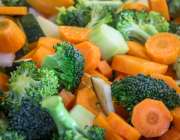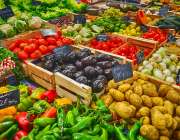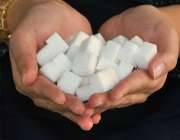- Email: info@yournutrition.site
- Home
- Living well
- Services
-
Recipes
- Recipes overview
- Large nutrition filter
- Breakfast
-
Lunch
- Spiced lentil soup
- Curried butternut squash and peanut butt
- Hearty leek and potato soup
- One pot spanish rice and bean soup
- Roasted veg filled herb egg rolls
- Spanish tortilla
- Vine tomato soup
- Chickpea and chorizo soup
- Pumpkin, sweet potato and ginger soup
- Minestrone soup
- Hot plum and fennel salad
- Chickpea and spinach curry
- Pink scottish salad
- Potato, pea and mint tortilla
- How to make your own kimchi
- Skirlie ball recipe
- Spiced carrot & lentil soup
- Poached eggs with grilled vegetables on
-
Dinner
- Hearty root veg curry
- Tarka dal
- Batch cooked beef stew
- Batch cooked chicken biryani
- Spiced pilau rice
- Pesto risotto with caramelised onions
- Mexican style sweet potato gratin
- Idiyappam
- Pumpkin risotto
- Jamaican black bean stew
- Balsamic roasted beetroot
- Easy peasy pizza
- Carrot and celeriac gratin
- Leek and potato cake
- Kale pesto
- Macaroni cheese
- Joe's healthier chilli
- Chicken jalfrezi
- Snacks
- Desserts
- Special diets
- Learn to cook
- Testimonials
- About
-
News
- News overview
- Nbite
- Nutrition News
- Site News
-
General News
- Coming soon
- Local News
-
Promotions
- Coming soon
-
Competitions
- Coming soon
- Links
- Contact
-
Living well
- Home
- Living well
- Nutrition basics
- Good Carbohydrates
Good Carbohydrates
- May 19, 2016
- Joe Jones
- 647 words, Reading time around 4 minutes
- Living well
-
Nutrition basics
Home & Business
Starches Sugars Dietary fibre
Good carbohydrates
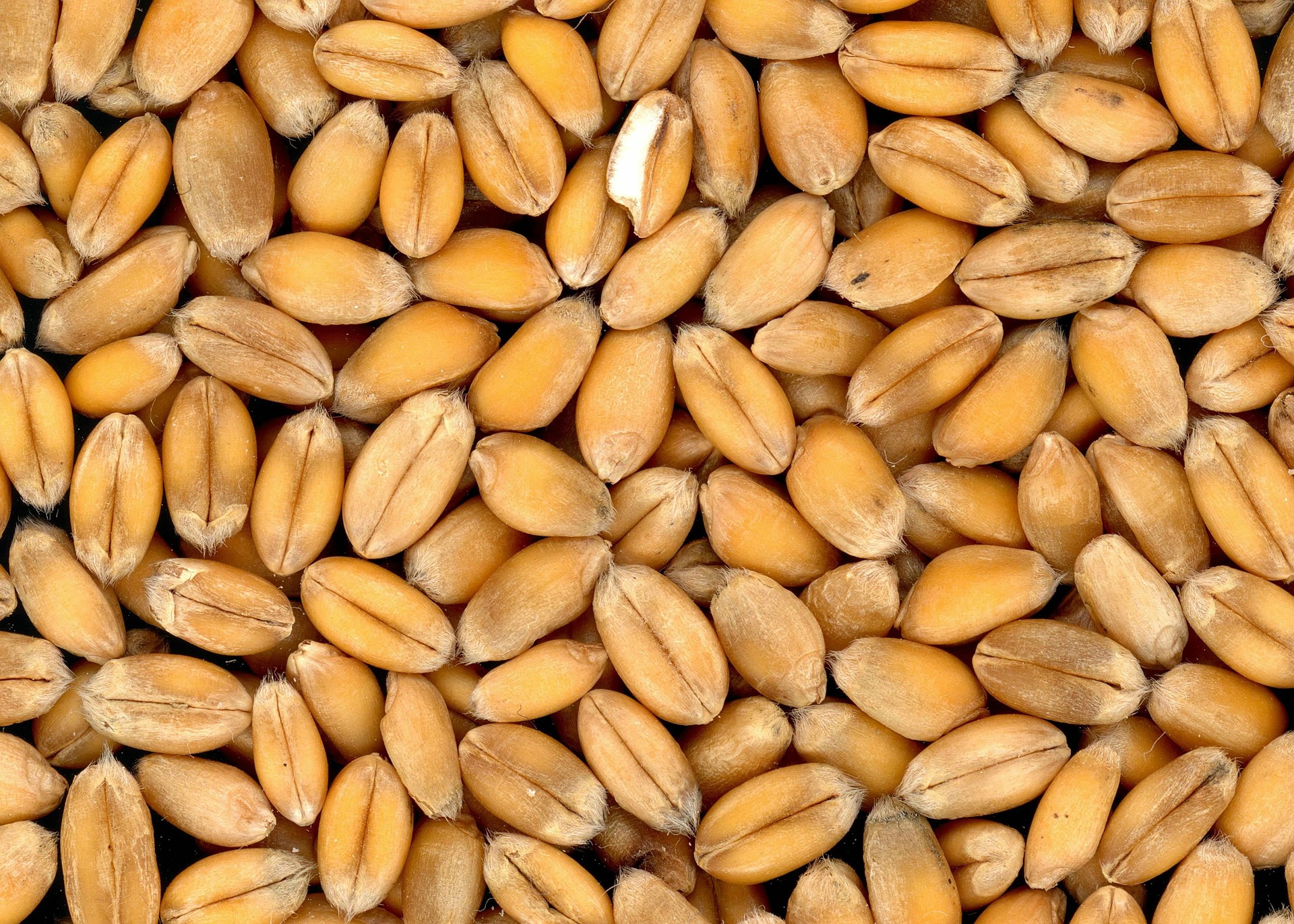
Wheat grains
Carbohydrates
Carbohydrates (carbs) have been given a bad name over the last couple of years. The main reasons for this seems to be due to the various low-carb fad diets and myths that keep doing the rounds, often endorsed by celebrities as a way to lose weight.
Half of our energy intake should come from carbohydrates. They are our body’s main source of energy, also providing fibre and many vitamins and minerals our bodies need to stay working well and healthy.
What are carbohydrates?
There are three forms of carbohydrates – Sugars, Starches and Fibre.
Sugars (simple carbohydrates)
- Glucose (our bodies main form)
- Fructose (fruit sugars)
- Lactose (milk sugar)
Starches (complex carbohydrates)
- Bread
- Flour
- Pasta
- Rice
- Cereals Root vegetables, potatoes and pulses contain a mixture of sugars and starch.
Dietary fibre (found in walls of plant cells)
- Root vegetables
- Fruit
- Oats
- Nuts and seeds
- Cereals
- Wholemeal bread
Why do we need carbs?
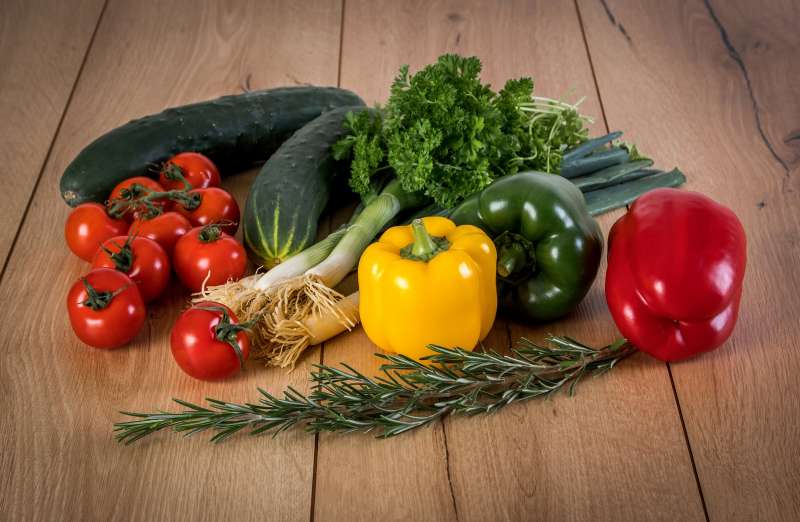
Vegetable selection
Carbohydrates are our body’s main source of energy, also providing fibre and many vitamins and minerals our bodies need to stay working well and healthy.
- Complex carbs such as starches and fibre are really important, helping to:
- Keep our blood sugar levels in balance
- Stop our bodies using protein for energy (vital for repair and growth)
- Keep us feeling full (preventing overeating)
Fibre in our diet also helps our friendly gut bacteria, prevents constipation and protects against heart disease and some forms of cancer.
How do we get the energy from Carbohydrates?
After we eat a meal containing carbohydrates, most are broken down in our gut before being absorbed into our blood stream. Simple carbs such as sugars are absorbed more quickly, causing a fast rise in blood sugar levels. Complex carbs take longer to break down before being absorbed, meaning a more gradual rise in blood sugar levels.
The hormone insulin, helps to move the sugar from our blood (glucose) into all our cells. Any that isn’t used straight away is converted into glycogen to be stored in our muscles and liver ready to be used when needed. Once these stores are full, any excess is converted and stored as fat.
What if we don’t eat enough carbohydrate?
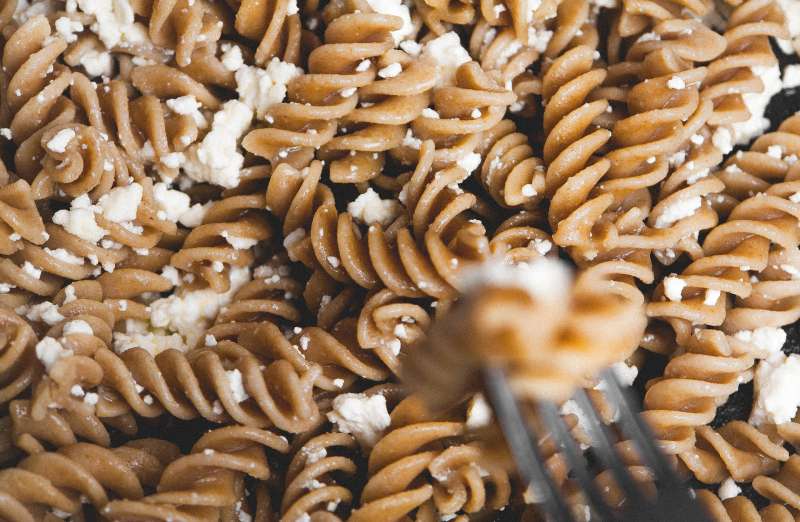
Wholemeal pasta
Not eating enough carbohydrate can lead to low blood sugar levels, known as ‘hypoglycaemia’ causing us to feel weak and drained. It can also cause us to feel light headed and lose concentration, as our brains need a steady supply of energy to function properly.
Once our bodies have used up our stores of glucose in our muscles and liver, it begins to breakdown some stored fat as fuel, but quickly moves on to use the protein in our muscles and heart. People with diabetes or those who take part in very active sport are especially at risk of hypoglycaemia, if a steady blood sugar level is not constantly kept in check.
How much should we eat?
We should aim to have enough complex ‘starchy’ carbs to make up over a third of the food we eat. Try to base most meals on starchy carbs, vegetables and fruit, choosing wholegrain varieties of carbs when possible. They are a great source of fibre, slow release energy and contain more nutrients such as calcium, iron and b-vitamins.
Don’t carbs make you fat?
This is a common sweeping myth, which has helped to fuel the low-carb fad diet industry.
We get our fuel (energy) from the carbohydrates, protein, fat and alcohol we consume in our diet. If we consume more energy than we use up, it will be converted into fat and stored around our bodies no matter where it comes from.
Carbohydrates contain less than half the calories of fat, so it isn’t the carbs or any other single nutrient increasing our waistlines, its a combination of many factors.
Making sure we eat the right type of carbohydrates though is very important, such as
- Starchy carbs
- Wholegrain varieties
- Vegetables and whole fruit
Keeping our high sugar and fat foods and drinks, alcohol intake and portion sizes in check, will all help to make sure we don’t add any extra inches and reduce our overall risks of developing dietary related diseases.





